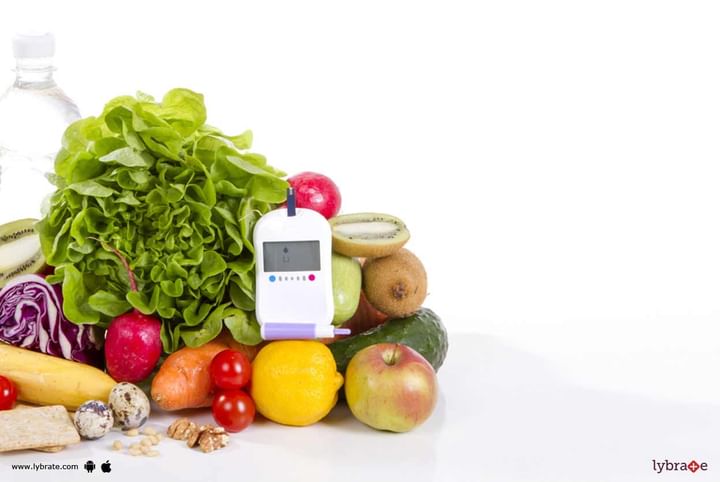Therapeutic Diet - Know More About It!
Therapeutic diets are prepared to optimize the nutritional requirements of an individual in order to treat a range of ailments or to improve one’s ability to eat. A diet prescribed by a physician is a part of the treatment plan for a clinical condition or a disease to eliminate, increase, or decrease specific nutritional needs in the diet and minimize the risk of injuries.
Dieticians recommend therapeutic diets either to improve the patient’s overall health or to maintain a healthful lifestyle. For example, many patients undergoing dialysis are on diets that are therapeutic to their cure so that they observe maximum improvement in condition from the dialysis.
Purpose of Therapeutic Diet:
The following are the main purposes of therapeutic diet-
- To maintain good nutrition
- To rectify any deficiencies that may have occurred
- To boost the metabolism
- To help you maintain a healthy weight
Therapeutic diets can prove beneficial to certain conditions such as-
- Cardiovascular disorders - Coronary artery disease, stroke, and heart attacks
- Hypertension or high blood pressure
- Diabetes
- Gastrointestinal disorders – Crohn’s disease, celiac disease, and ulcerative colitis
- Allergy from certain types of food can also be managed by restricted dietary management
Along with dietary management, injury and safety concerns are also a major factor. The capability of swallowing food may affect the choice of diet consistency that needs to be followed. Dieticians recommend particular therapeutic diets for patients who have difficulty swallowing. They should be served foods that are chopped, thickened liquids, or pureed, to reduce the risk of choking.
Types of Therapeutic Diet:
A therapeutic diet, also known as a clinical diet, refers to a special diet plan that manages the intake of certain nutrients or foods. It is usually an alteration of one’s regular diet. Some common clinical diet examples include-
- Gluten-free diet – includes legumes, lentils and beans; grains like millet, quinoa; carrots, parsnips; berries, and apricots
- Clear liquid diet – includes plain, flavoured, or carbonated water; fruit juices excluding the pulp (apple juice or grape juice); fruit-flavoured beverages like lemonade
- Full liquid diet – fruit juices; butter, custard and pudding; ice cream and frozen yoghurt, sherbet; soup, broth, and syrups
- Diabetic diet – healthy fats that come from fish oils, olive oil, nuts, flaxseeds, and avocados; high-fibre cereals made from whole grains; fresh fruits and veggies
- Low-fat diet – whole grains, vegetables and fruits; dairy and meat products; legumes and beans; sweet potatoes, egg whites, and mushrooms
The dietician or physician may recommend changes in one’s therapeutic diet, depending on the patient’s response and development in overall health condition. Remember, a specific diet that may suit one person may not be ideal for another. It is best to leave up to your physician/dietician to decide which particular diet you should stick to.



+1.svg)
